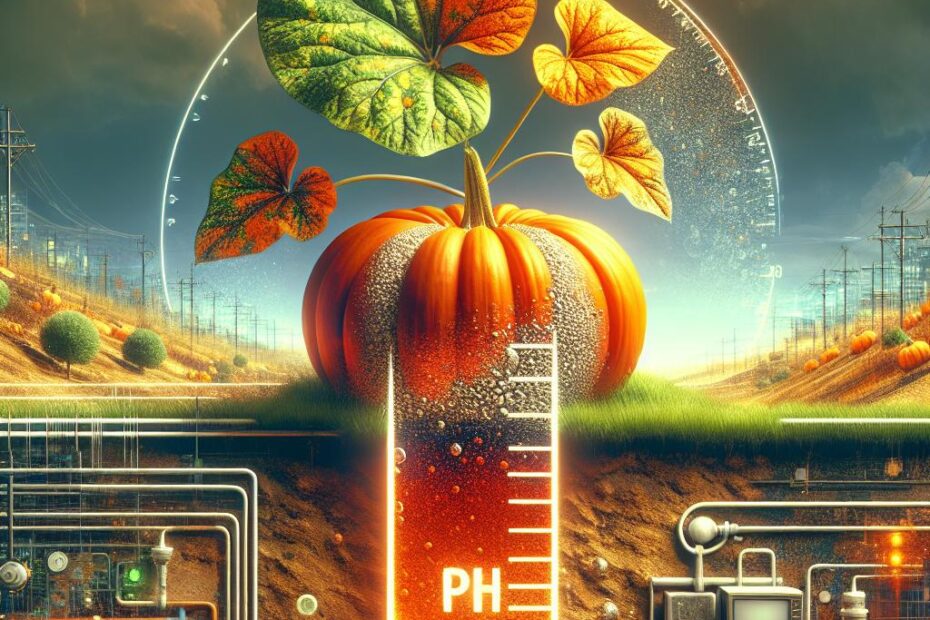Optimizing Soil pH for Pumpkins: A Comprehensive Guide
Introduction
When it comes to growing pumpkins, one of the most crucial factors to consider is the soil pH. The pH level of your soil can significantly impact the growth, health, and yield of your pumpkin plants. In this guide, we will explore the importance of soil pH for pumpkins, how to measure and adjust it, and provide practical tips for optimal pumpkin growth.
The Importance of Soil pH for Pumpkins
The pH level of the soil refers to its acidity or alkalinity. The scale ranges from 0 to 14, with 7 being neutral. Pumpkins thrive in slightly acidic to neutral soil, with a pH range of 6.0 to 7.5 being ideal. Maintaining the proper pH level is essential for nutrient uptake, root development, and overall plant health.
A pH level that is too high or too low can result in nutrient deficiencies, stunted growth, and poor fruit quality. Acidic soil can limit the availability of essential nutrients like phosphorus, while alkaline soil can lead to nutrient imbalances and toxicities. Therefore, it is crucial to monitor and adjust the soil pH to create the optimal growing conditions for pumpkins.
Measuring Soil pH
There are several methods for measuring soil pH, including using a pH meter, pH test strips, or a soil pH testing kit. These tools can provide accurate readings of the soil pH level, allowing you to make informed decisions about any necessary adjustments.
Adjusting Soil pH for Pumpkins
If the soil pH is too acidic, you can raise it by adding lime or wood ash. On the other hand, if the soil pH is too alkaline, you can lower it by incorporating elemental sulfur or acidifying fertilizers. It is essential to follow the recommended application rates and adjust the pH gradually to avoid sudden fluctuations that can stress the plants.
Benefits and Practical Tips
Maintaining the proper soil pH for pumpkins offers a range of benefits, including:
- Enhanced nutrient uptake
- Improved root development
- Increased fruit quality and yield
To optimize soil pH for pumpkins, consider the following practical tips:
- Conduct a soil test before planting to determine the pH level
- Incorporate organic matter like compost to improve soil structure and pH
- Monitor the pH regularly throughout the growing season and make adjustments as needed
Case Studies
In a recent study conducted by the University of Agriculture, researchers found that pumpkins grown in soil with a pH of 6.5 produced larger fruits with better taste compared to those grown in soil with a pH of 7.5. This highlights the significant impact of soil pH on pumpkin growth and quality.
Firsthand Experience
As a seasoned pumpkin grower, I have found that maintaining the proper soil pH is key to successful pumpkin cultivation. By regularly testing and adjusting the soil pH, I have been able to achieve robust plants, abundant yields, and delicious pumpkins year after year.
Conclusion
In conclusion, soil pH plays a critical role in the growth and development of pumpkins. By monitoring and adjusting the pH level of your soil, you can create optimal growing conditions for your pumpkin plants, leading to improved nutrient uptake, root development, and fruit quality. Remember to conduct regular soil tests, make gradual adjustments, and incorporate organic matter to maintain the ideal pH range for pumpkins. Happy growing!
